The Transformative Power of Gratitude: Cultivating Happiness and Well-being
In the hustle and bustle of modern life, it's easy to overlook the simple yet profound act of expressing gratitude. Gratitude isn't merely about saying "thank you" when someone holds the door for you or hands you a coffee; it's a powerful emotion and mindset that can enhance our overall well-being. In this blog post, we'll explore the essence of gratitude, delve into its numerous benefits, discuss practical ways to cultivate gratitude, and address common challenges that may hinder our ability to embrace this transformative emotion.
What Is Gratitude?
Gratitude is more
than just a feeling. At its core,
gratitude involves recognizing and appreciating the positive aspects of life,
even in the face of adversity. It's about acknowledging the kindness of others,
the beauty of the world around us, and the blessings we often take for granted.
It is a complex emotional state that has been the subject of extensive research in the field of positive psychology. In this scientific context, gratitude is defined as the experience of recognizing and appreciating the positive aspects of life, acknowledging the kindness of others, and expressing thankfulness for these experiences and relationships.
Researchers like
Robert Emmons and Michael McCullough have conducted numerous studies on
gratitude, shedding light on its psychological and emotional effects. Emmons,
in particular, defines gratitude as "a felt sense of wonder, thankfulness,
and appreciation for life."
McCullough refers
it as a “generalized tendency to recognize and respond with grateful emotion to
the roles of other people’s benevolence in the positive experiences and
outcomes that one obtains".
Gratitude can be regarded as a multifaceted emotion that involves both recognizing the good in one's life and acknowledging the role of others in creating those positive experiences.
Emmons' definition
underscores the experiential nature of gratitude, emphasizing that it is not
just a cognitive exercise but a profound and transformative emotional state. It
encourages us to pause, reflect, and truly savor the moments and experiences
that inspire gratitude. Gratitude invites us to see the extraordinary in the
ordinary, to appreciate the goodness in our lives, and to express our heartfelt
thanks for the many gifts we receive. In this sense, gratitude is a powerful
force that can bring greater happiness, fulfillment, and well-being into our
lives.
The study of
gratitude has revealed several key findings in psychology:
Emotional and
Psychological Benefits: Research consistently demonstrates that practicing
gratitude is associated with improved mental health. Grateful individuals tend
to experience lower levels of depression and anxiety, increased life
satisfaction, and greater overall well-being.
Physical Health
Effects: Gratitude is not limited to its psychological impact; it also has
tangible effects on physical health. Studies suggest that grateful individuals
may experience reduced stress levels, better sleep quality, and even improved
cardiovascular health.
Enhanced
Relationships: Expressing gratitude can strengthen social bonds. Grateful
people are often seen as more empathetic, and they tend to have more positive
and fulfilling interpersonal relationships with family, friends and colleagues.
Resilience and
Coping: Gratitude plays a role in enhancing resilience and coping with
adversity. Grateful individuals are better equipped to bounce back from life's
challenges, as they are more likely to focus on the positive aspects of a
situation and find meaning in difficult experiences.
Neuroscientific
Insights: Neuroscientific research has shown that practicing gratitude can
activate specific brain regions associated with reward processing and positive
emotions. These findings support the idea that gratitude is not merely a
philosophical concept but a tangible and measurable emotional experience.
Enhanced Life
Satisfaction: Grateful individuals tend to report higher levels of life
satisfaction and overall happiness. When we take time to appreciate the
positives in our lives, we naturally feel more fulfilled.
The science of
gratitude is a thriving field that continues to uncover the profound effects of
gratitude on human psychology, emotion, and overall well-being. Embracing
gratitude as a practice goes beyond mere self-help advice; it's a science-backed
approach to enhancing the quality of our lives and the lives of those around
us.
In a research study
that involved nearly 300 adults who were seeking counseling services at a
university, participants were randomly divided into groups. One of these groups
engaged in a gratitude exercise where they wrote a letter of gratitude each
week for three consecutive weeks. The results showed that those in the
gratitude group reported significantly better mental health when compared to
the control group. These positive effects were still noticeable at the 12-week
follow-up, which occurred after the last writing exercise.
Another form of
written gratitude practice involves the 'Three Good Things' exercise. In a
separate study focused on this practice, individuals were asked to write down
three things that had gone well in their day and reflect on the causes of these
positive occurrences. The findings revealed that participants who engaged in
this exercise experienced significant increases in their overall happiness and
reductions in depressive symptoms. Remarkably, these positive effects persisted
even six months after the study had concluded.
How Does
Gratitude Work? A Neuroscience Perspective
The experience of
gratitude isn't just a fuzzy, feel-good emotion; it has tangible effects on the
brain. Neuroscience has shed light on the mechanisms underlying the experience
of gratitude and how it impacts our mental and emotional well-being.
Gratitude activates the brain's reward system, primarily the ventral striatum, which is associated with pleasure and reward. When we experience gratitude, the brain releases dopamine, a neurotransmitter linked to feelings of happiness and motivation. This neurochemical cascade reinforces the experience of gratitude, making us more inclined to seek out and appreciate positive experiences.
Neuroscientific
research has revealed that the practice of gratitude can lead to long-lasting
changes in the brain. Studies using neuroimaging techniques like functional MRI
(fMRI) have shown that gratitude is associated with increased connectivity
between brain regions responsible for processing emotions, empathy, and moral
judgment.
This enhanced
connectivity suggests that gratitude may promote greater emotional intelligence
and empathy toward others. Over time, regularly engaging in gratitude exercises
can strengthen neural pathways associated with positive thinking, making it
easier to access feelings of gratitude in everyday life. This activation may explain why gratitude is
associated with improved interpersonal relationships and prosocial behavior.
In summary, from a neuroscience perspective, gratitude is not just a fleeting emotion; it's a dynamic process that involves multiple regions of the brain. Regularly practicing gratitude can lead to enduring changes in neural pathways, reinforcing a positive outlook and fostering emotional well-being. Understanding the neural basis of gratitude provides valuable insights into why and how gratitude exercises can be effective tools for enhancing mental and emotional health.
How to Cultivate
Gratitude
Cultivating
gratitude is a practice that can be integrated into our daily lives. Here are
some practical tips and techniques to help you embrace gratitude:
Keep a Gratitude Journal: Dedicate a few minutes each day to write down things you're grateful for. Whether it's a kind gesture from a friend or a beautiful sunset, jotting it down can help you appreciate life's small joys. For example, you might write, "Today, I'm grateful for the warm sunshine, the kind words from a coworker, and a delicious home-cooked meal."
Couple studies have also indicated that partners who expressed their thankfulness to each other often, could sustain their relationships with mutual trust, loyalty, and had long-lasting happy relationships.
Practice
Mindfulness: Mindfulness techniques can help you stay present and savor the
moment. When you're fully aware of your surroundings and experiences, it
becomes easier to recognize the things you're grateful for. Mindfulness
practices encourage you to be fully present in each moment, allowing you to
recognize and appreciate the small joys in life. By combining gratitude with
mindfulness, you can deepen your sense of appreciation and contentment.
Express Gratitude to Others: Don't hesitate to express your appreciation to those who have made a positive impact on your life. Whether it's a heartfelt thank-you note or a simple "I appreciate you," showing gratitude strengthens your relationships and brings joy to others. For instance, you could say, "I want you to know how grateful I am for your friendship. You've always been there for me."
Gratitude Challenges: Participate in gratitude challenges on social media or with friends. These challenges typically involve daily posts or messages about things you're thankful for. Sharing your gratitude can inspire others to do the same.
Focus on the Positive: When faced with challenges or difficulties, try to shift your perspective toward the positive aspects of the situation. Even in tough times, there may be valuable lessons or opportunities for growth.
Engage in Acts of Kindness: Performing acts of kindness for others can boost your own sense of gratitude. Giving back to your community or helping those in need reminds you of the abundance in your life. Small gestures like volunteering at a local charity, helping a neighbor, or donating to a cause you care about can foster feelings of gratitude. When you see the impact of your actions, you'll feel thankful for the ability to make a positive difference in the world.
Mindful Meals: Practice gratitude during meals. Before eating, take a moment to reflect on the effort that went into preparing your food and the nourishment it provides. Savor each bite mindfully and express thanks for the meal.
Overcoming Common Gratitude Challenges
While cultivating
gratitude, you may encounter common challenges such as:
Negativity Bias:
The human brain has a natural tendency to focus on negative information. Combat
this bias by intentionally seeking out and acknowledging positive experiences. For
example, if you find yourself dwelling on a frustrating commute, remind
yourself to appreciate the safety of your vehicle or the opportunity to listen
to your favorite music during the ride.
Comparison with Others: Avoid comparing your life to others'. Gratitude is a personal journey, and everyone's circumstances are unique. Focus on your own blessings rather than what others have. For instance, instead of feeling envious of a friend's vacation photos, reflect on your own enjoyable experiences, even if they're on a smaller scale.
Belief That Gratitude Is Only for Big Events: Gratitude isn't reserved for major life events. It can be found in everyday moments, from a warm cup of tea to a friendly smile from a stranger. Or to simply enjoy your own companionship, start by savoring the taste of your favorite meal, enjoy a beautiful sunset, or express thanks for a warm hug from a loved one.
Lack of Consistency: Staying consistent with gratitude practices can be challenging. To address this, integrate gratitude into your daily routine. Set aside a specific time each day to reflect on or journal about what you're thankful for. By making it a habit, gratitude becomes an integral part of your life.
Lack of Self-Appreciation: Gratitude can extend to yourself as well. However, many people find it challenging to appreciate their own qualities and accomplishments. Overcome this challenge by acknowledging your achievements, both big and small. For instance, celebrate your personal milestones and reflect on your personal growth journey.
By recognizing and addressing these common challenges, you can navigate the path of gratitude with greater ease and effectiveness. Remember that cultivating gratitude is a continuous practice, and it's natural to encounter obstacles along the way. By persevering and applying these strategies, you can embrace gratitude as a powerful tool for enhancing your overall happiness and well-being.
For those who are interested, you can determine for yourself how grateful you are by doing the questionnaire. Click the link below:
Gratitude-Questionnaire-Six-Item-Form
Conclusion
In a world that
often emphasizes what's lacking or what's next on our to-do list, gratitude
provides a refreshing perspective. It reminds us to pause, reflect, and
appreciate the abundance that surrounds us. By cultivating a grateful mindset
and practicing gratitude daily, we can unlock the transformative power of this
simple yet profound emotion.
As you embark on
your journey of gratitude, remember that it's not about denying life's
challenges but about embracing the beauty and goodness that exist alongside
them. Embrace gratitude as a lifelong practice, and watch as it enhances your
happiness and overall well-being.
Reference:
McCullough, M. E.,
Emmons, R. A., & Tsang, J. (2002). The grateful disposition: A conceptual
and empirical topography. Journal of Personality and Social Psychology, 82,
112- 127.

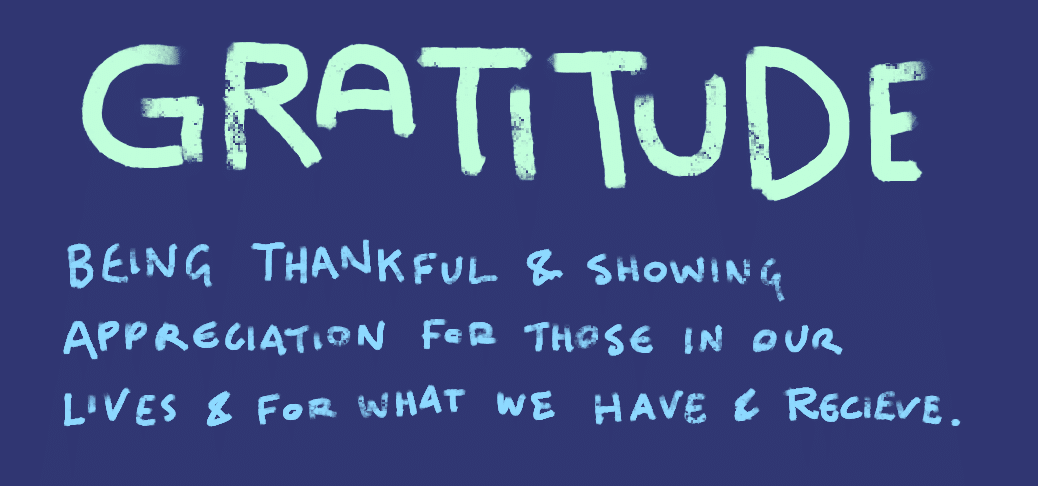
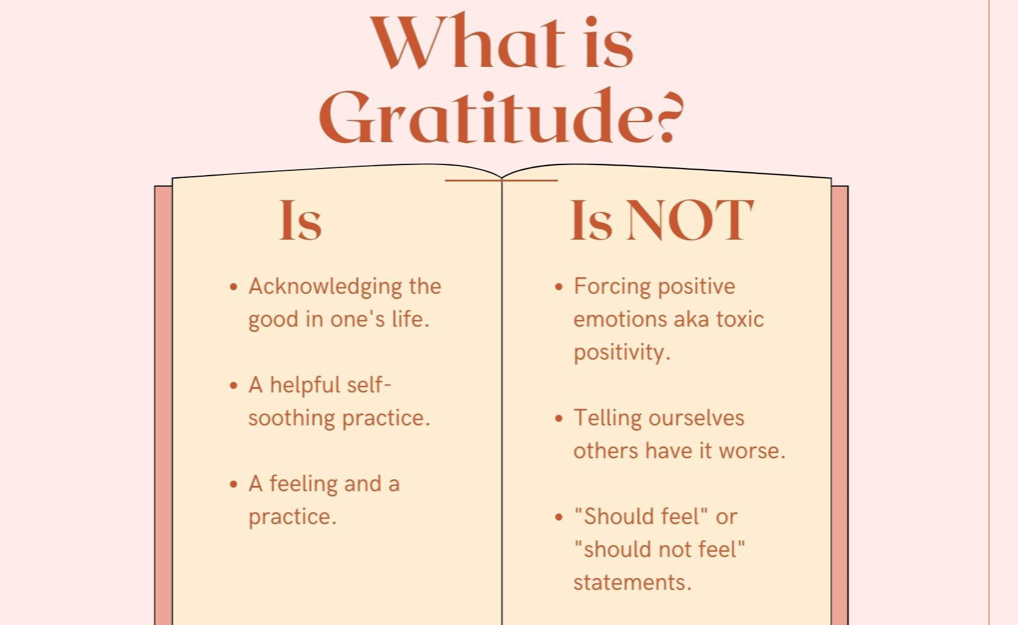

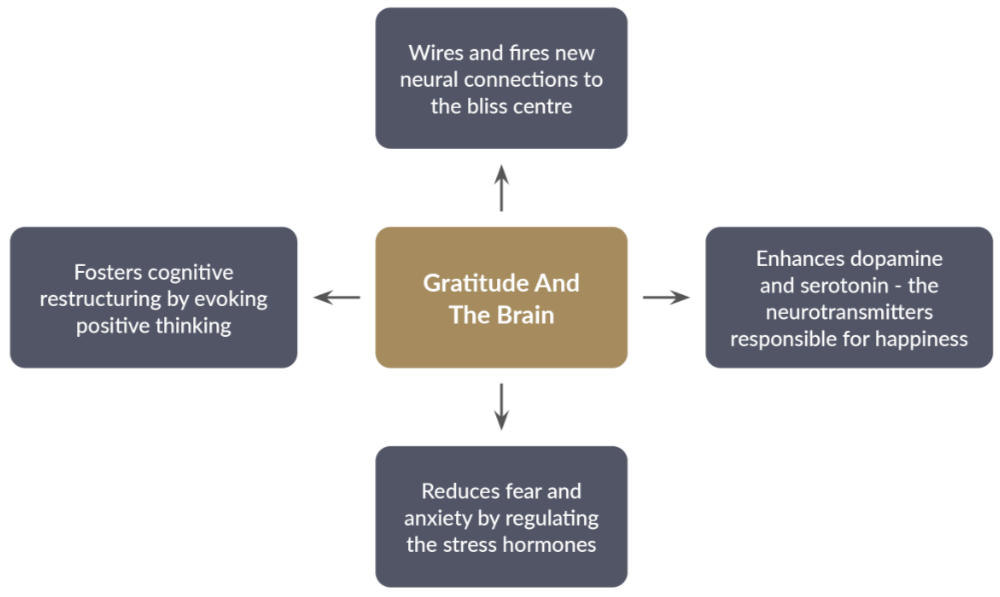

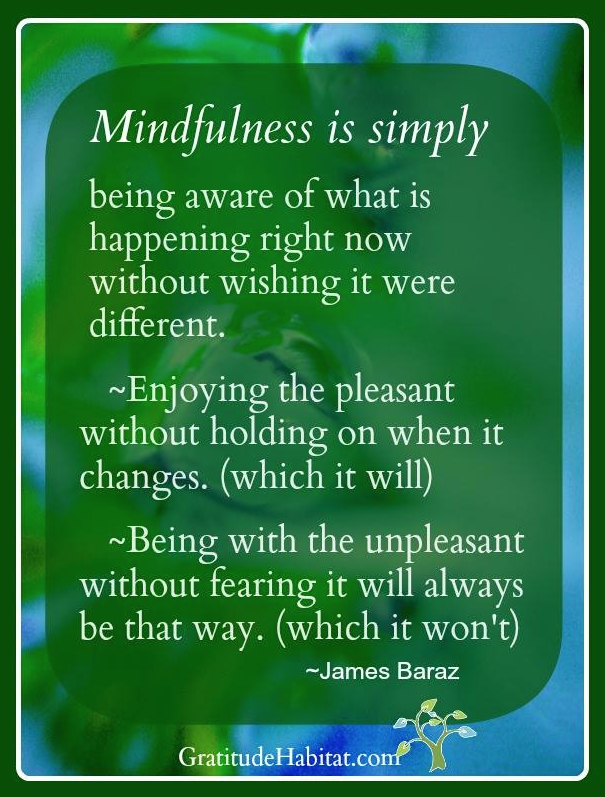
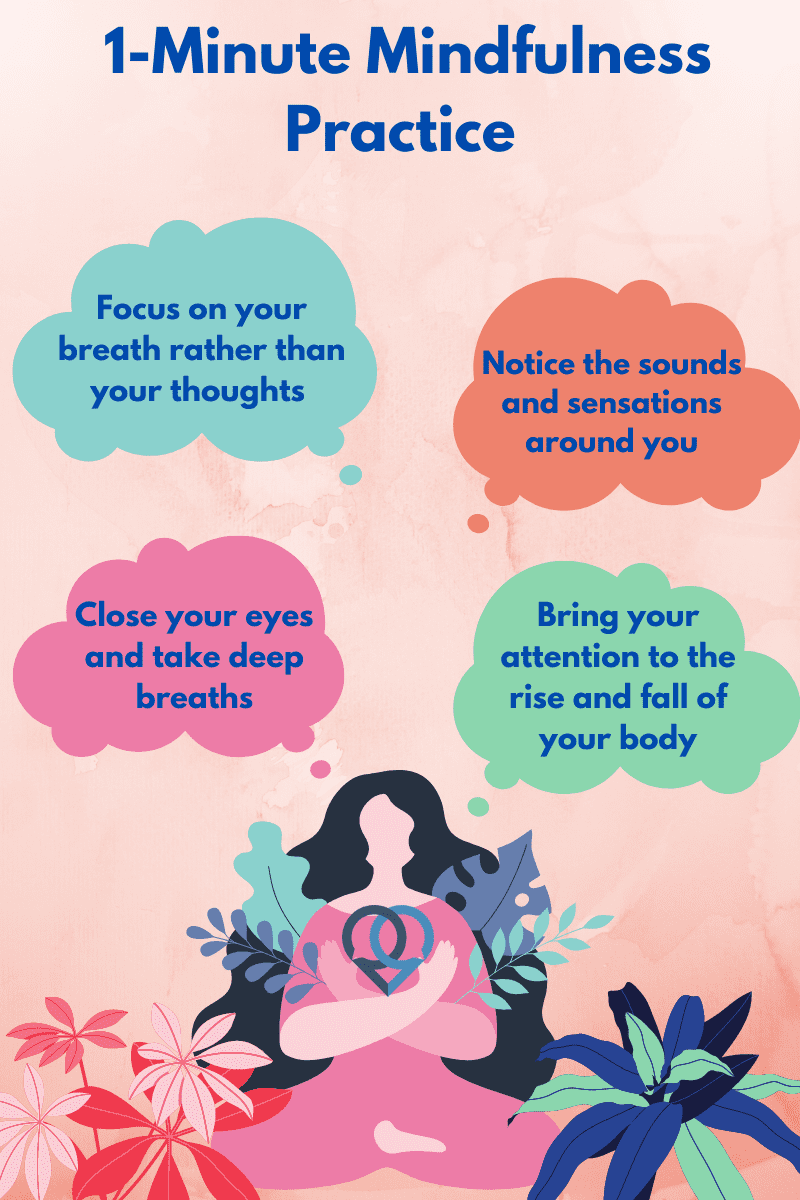














Comments
Post a Comment